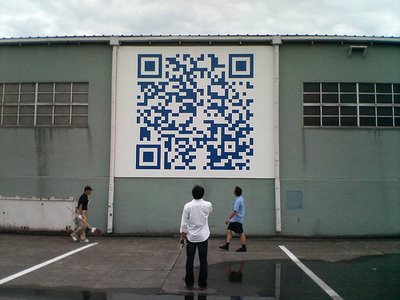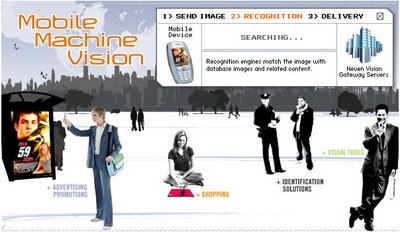I've written previously about numerous mobile messaging services that are all targeted at taking a piece of existing mobile operators voice and messaging revenues. In Europe alone, these revenues are in excess of €250bn, and consequently this category presents a lip-licking opportunity to VC's, entrepreneurs and existing industry players

The last couple of years have seen a number product launches from the likes of
Hotxt ,
Text2me, and
Pica who are all trying to move SMS volume away from the operators monetisation mechanism (the SMSC) by allowing P2P application based messaging over a data connection. All require users to have the same application installed which presents a barrier to uptake due to the fact that not every one in a communication circle will have the same type of device – i.e. that supports J2ME. In younger age segments where users are more likely to have the latest, coolest and funkiest devices, then the chances of the communication circle having compatible devices is higher and a common messaging experience achieved.
Other apps including
Mig33,
Vyke,
Woize,
Skype,
Truphone (deserves its own post) and now
Nimbuzz include the mobile voice use case, providing mostly Java apps that allow you to make a call over you data connection, again avoiding the operators billing mechanism (apart from data charges) and offering non-member connection via cheap international wholesale termination rates (similar to Skype-Out).
I expect we will see a load more applications like this over the coming months, all in the same product space but with a slightly different product approach and spin. The big open question is which ones will prevail? On the current radar, Skype has the best chance of succeeding, principally due to having the financial and marketing muscle of an industry leader and an established non-mobile user base in excess of 170m. Other players that can quickly impact this space are mobile and fixed operators, who both have an existing customer relationship and billing mechanism and in the case of the mobile operators, a forced distribution channel – the device.
Another interesting aspect of this space is that the application offerings are increasing acting as integrated user experiences for what were previously silo applications (e.g. email, IM, blogging, content). Examples such as
Pica, combine communication (email, chat, IM, voice messaging and text) with a range of community features (moblogging, personal profiles, emoticons and voicecast) offering users a single device destination for interacting and communicating with circles of friends and like minded users. Pica has now over 3m users, predominantly in China but raised $10m from
Bluerun back in Dec 05 which could easily support localization and business dev. efforts in US and Europe.
These examples provide evidence of an increasing trend which is likely to gain traction over the coming years and IMHO presents a credible threat to operators which should be monitored. Applications like Pica give us an idea of what the future of mobile comms may look like, and serve as a valuable reminder on how fragmented today’s mobile experience is.
Read also Nimbuzz featured in
MobileCrunch12/09 - see also
HelloSoft12/09 - see also
NootMobile15/09 - see also
Fring10/10 - see also
Berggi18/10 - see also
Reporo29/11 - see
GigaOM





